Past events
This page lists RSB past events.
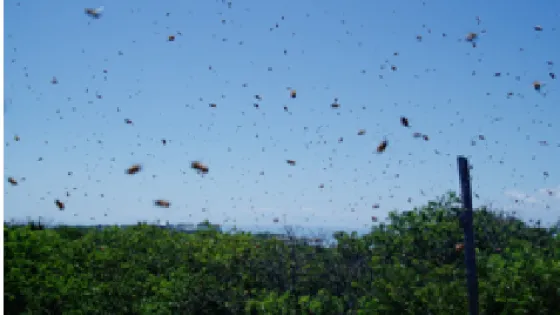
Animals that travel in groups must synchronize the timing of impending departures to ensure group cohesion. Until recently, the ultimate and proximate mechanisms used by honey bee (Apis mellifera) colonies to organize the departure of a swarm from its nest remained a mystery.
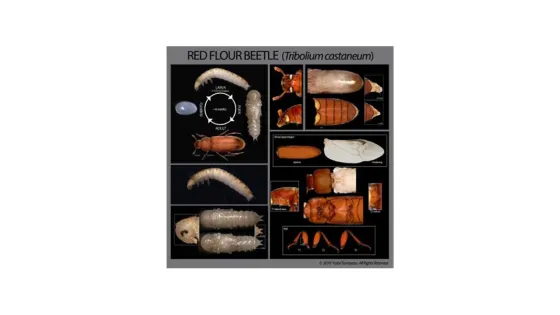
Special BSB and CBA Seminar exploring evolution by Yoshinori Tomoyasu Department of Biology, Miami University

Are you actually reading this? Oh wow. Okay... I wasn't really ready for that. Umm, geez...alright, this talk is going to be about video games and why people play them. A little bit about how we can use technology to explore human behaviour.

Vertebrates take very different routes to reproduction and caring for their young. Broods can be small or large, frequent or infrequent, and of large or small progeny.
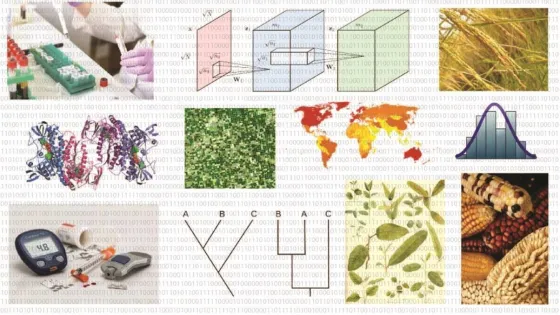
Experimental Design by Examples Workshop - Hosted by Professor Hans-Peter Piepho (University of Hohenheim)
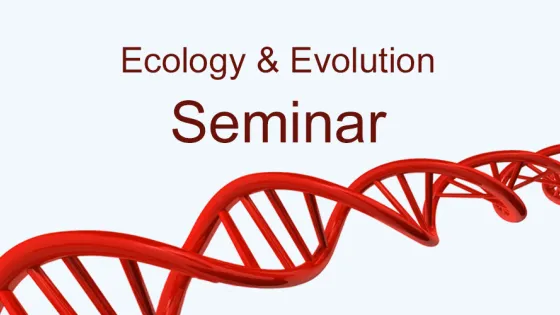
Michael works on evolutionary quantitative genetics and statistical methods.
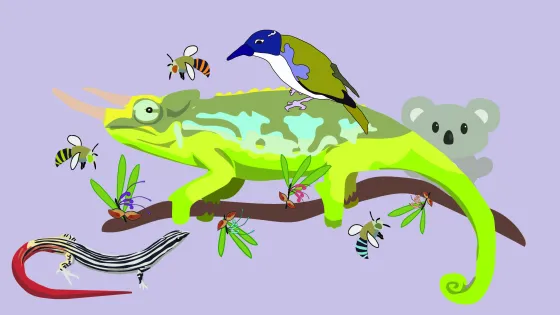
A central aim of ecology is to characterise and explain how species interact with each other and their environment and looking at how these interactions scale up to shape global patterns of biodiversity is the key idea behind the study of macroecology.


